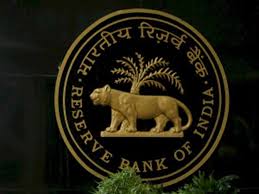
India’s foreign exchange reserves continue to rise to hit a record level of $359.917 billion as on April 8, data from the Reserve Bank of India (RBI) show.
The central bank data show that in the week-ended April 8, India’s forex reserves rose by $157.40 million from the previous week.
As on April 8, foreign currency assets (FCA), which forms a key component of the reserves rose by $159.3 million from the previous week to $335.845 billion. FCA are maintained in major currencies like US dollar, euro, pound sterling, yen, etc. However, the foreign exchange reserves are denominated and expressed in US dollar only.
The movements in the FCA occur mainly on account of purchase and sale of foreign exchange by the RBI in the foreign exchange market in India, income arising out of the deployment of the foreign exchange reserves, external aid receipts of the central government and revaluation of the assets.
Gold reserves, however, remained unchanged at $20.115 billion. Special drawing rights (SDR) from the International Monetary Fund fell by $0.90 million from the previous week to $1.501 billion.
SDR is an international reserve asset created by IMF and allocated to its members in proportion of the members’ quota at IMF. The country’s reserve position in the IMF, however, fell by $1 million to $2.455 billion.





